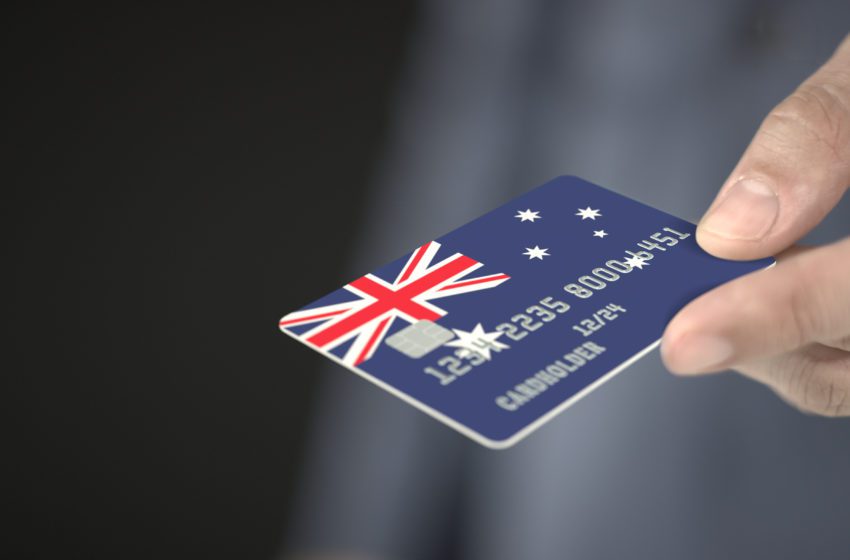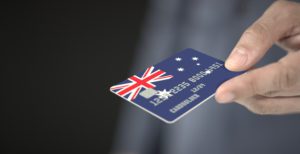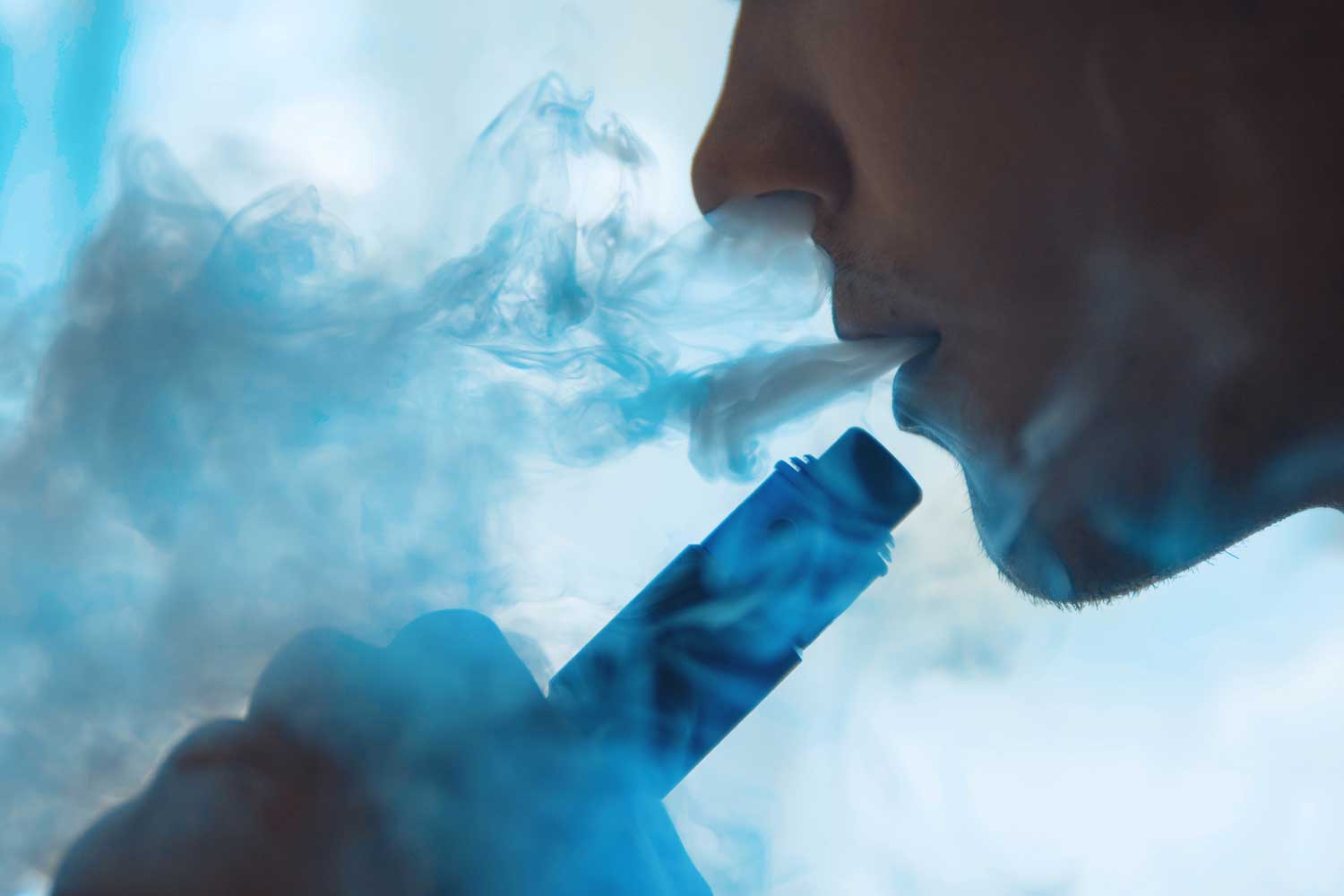
VapeAway has developed a technology designed to help reduce vaping dependency. According to the company, the VapeAway filter attaches to an existing e-cigarette pod, automatically working to remove toxins found in e-cigarettes, with minimal impact on the quality of the vaping experience.
The patented VapeAway filter is said to stop nicotine before it enters the body by gradually reducing nicotine intake in levels, beginning at 25 percent and increasing to a 75 percent reduction over the course of nine weeks, thus reprogramming the brain to decrease cravings and reduce dependency.
“Every e-cigarette, regardless of its type, flavor or contents, contains dangerous chemical toxins,” says Ike Sutton, the founder of VapeAway. “VapeAway offers the first patented filter that removes those toxins. Until now, those who were dependent on nicotine have been directed to nicotine patches or gum as their recovery solution, both of which uses nicotine to satisfy cravings and with that, comes a laundry list of warnings and side effects.
“VapeAway’s patented technology does the opposite and does not administer a drug to help people quit a drug. Our filters stop the nicotine directly at the source and reduces the intake of harmful chemicals while users continue to vape, all the while ultimately helping people quit in the long term if they choose to do so.”
VapeAway says its Vapor Freeze 2.0 Technology consists of a proprietary blend of military grade, non-toxic fibers that freeze potentially harmful toxic chemicals on contact, protecting vapers and others around them from unwanted chemicals and toxins entering their lungs.
The technology has been tested to ensure it meets VapeAway’s stated use cases and it effectively and consistently performs to achieve the stated impact for its users. Preliminary tests were conducted by Enthalpy Laboratories.
According to SGS North America, the VapeAway filter is 100 percent non-toxic.

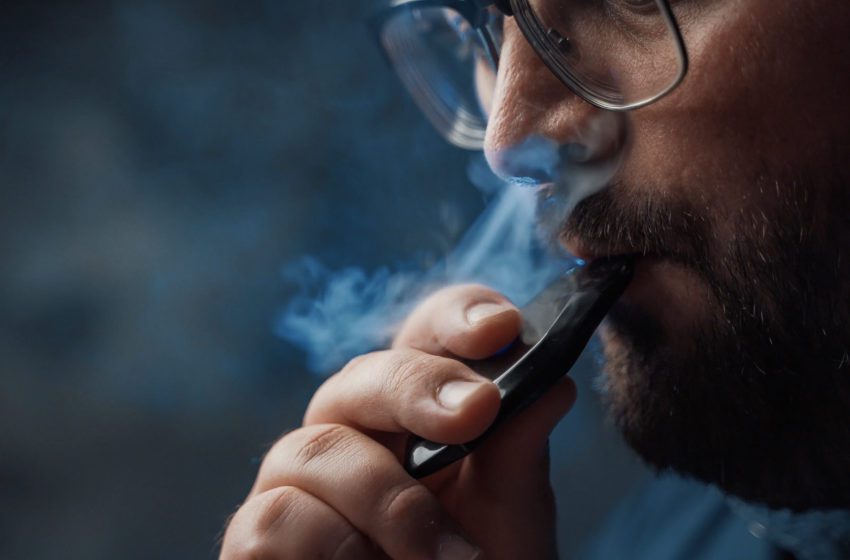
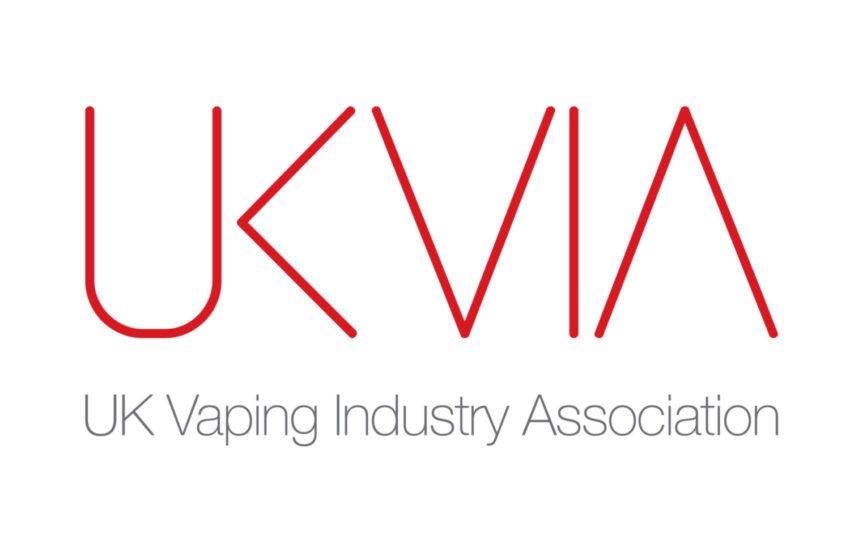
 The U.K. Vaping Industry Association (UKVIA) anticipates a busy year for the sector, the industry group noted at the publication of its
The U.K. Vaping Industry Association (UKVIA) anticipates a busy year for the sector, the industry group noted at the publication of its 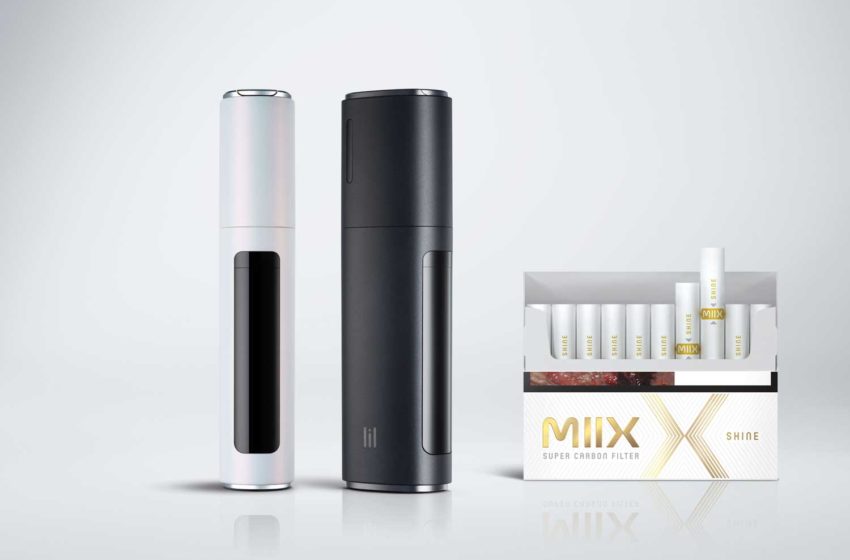
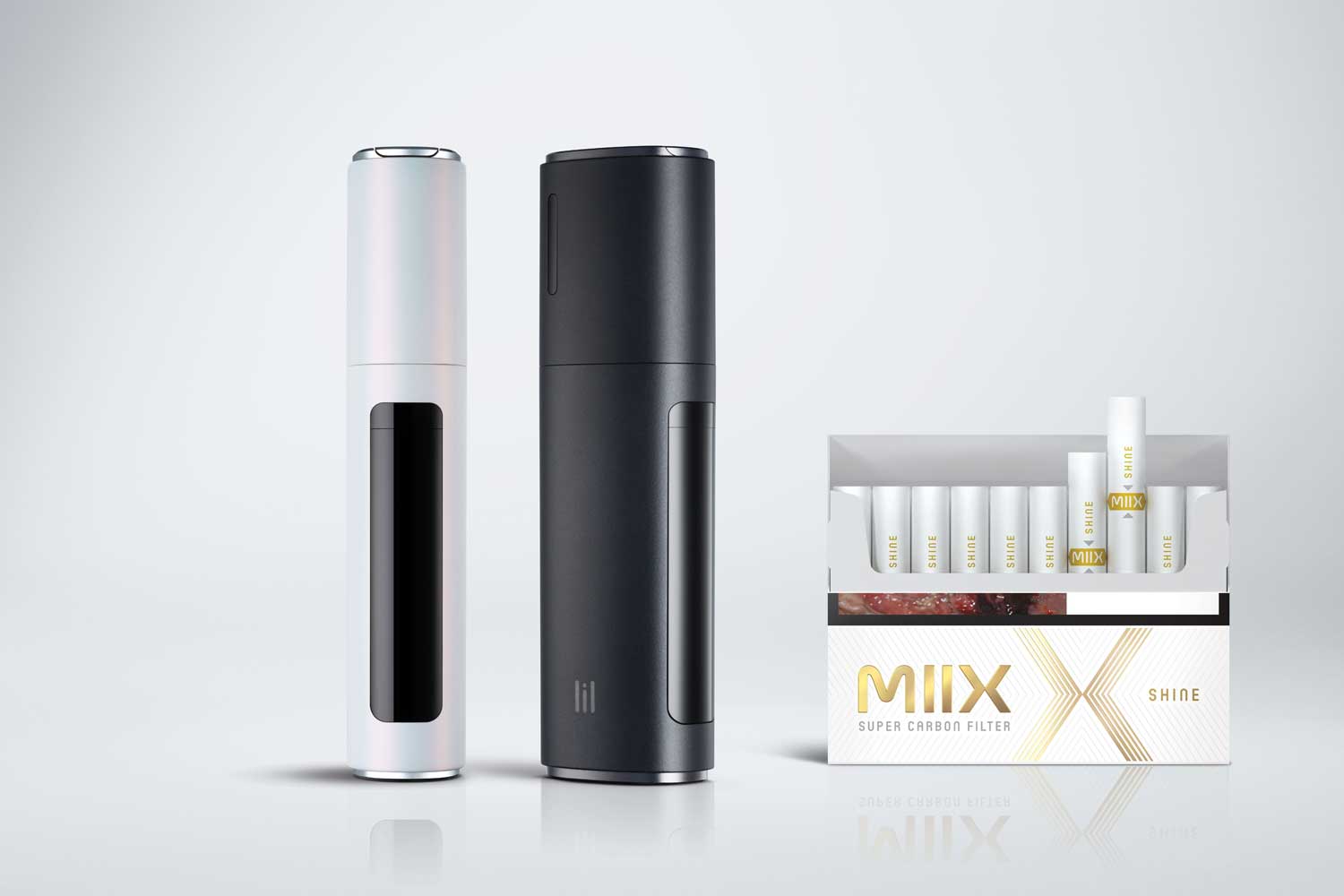
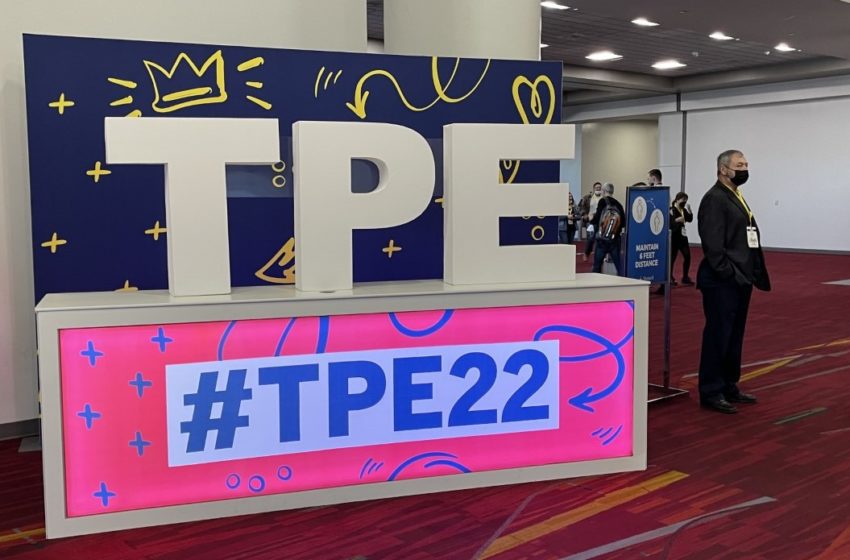
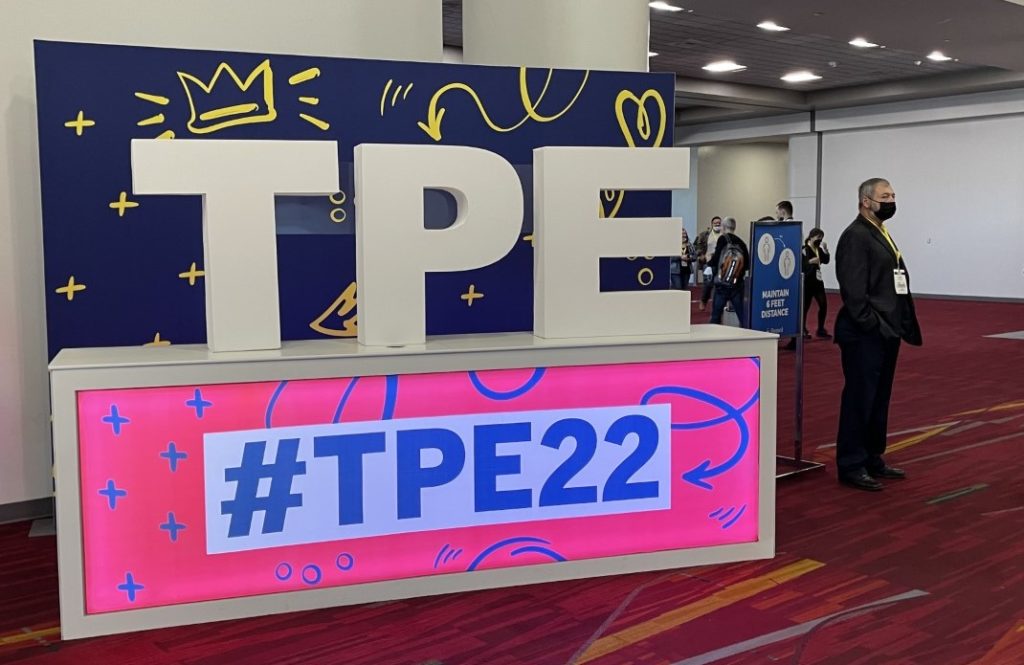

 One new brand at the show, Hook’d – with its tagline “one puff and you’re Hook’d” – seemed to take taunting the U.S. Food and Drug Administration to another level according to Kim, a show attendee who asked not to use her last name. “Why would you put a brand out there like that,” she said. “It’s just disappointing.” A person working the Hook’d booth, when asked why the Hook’d name, told Vapor Voice the name was “just catchy.”
One new brand at the show, Hook’d – with its tagline “one puff and you’re Hook’d” – seemed to take taunting the U.S. Food and Drug Administration to another level according to Kim, a show attendee who asked not to use her last name. “Why would you put a brand out there like that,” she said. “It’s just disappointing.” A person working the Hook’d booth, when asked why the Hook’d name, told Vapor Voice the name was “just catchy.”









